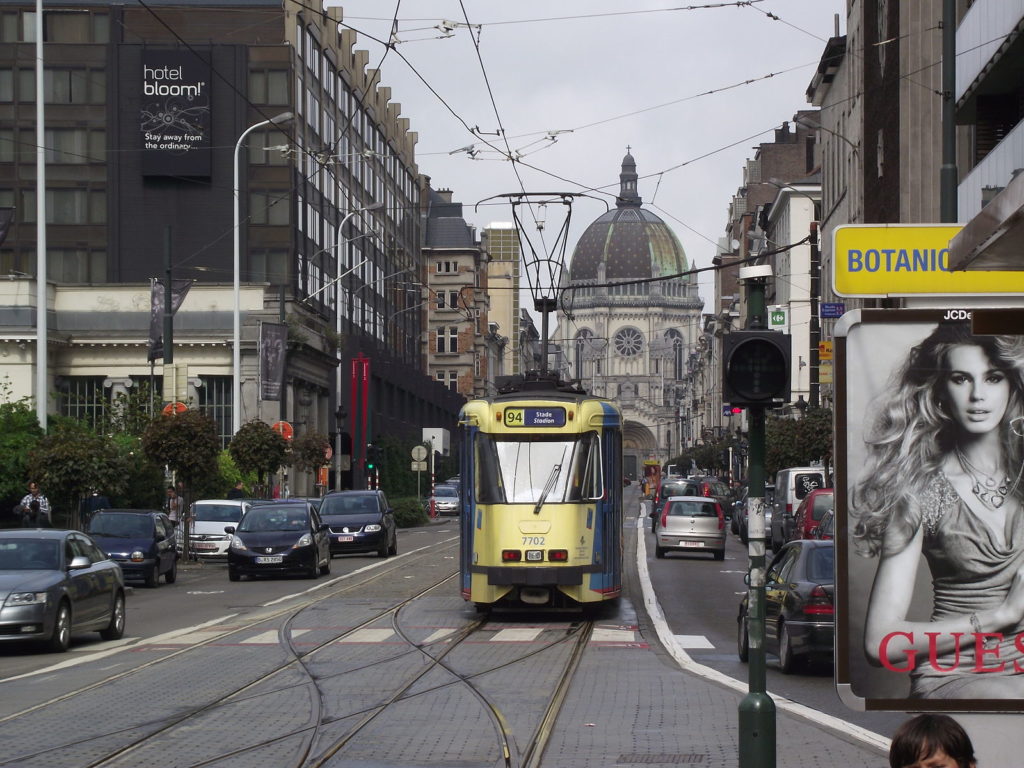Brussels has once again dominated the list of the municipalities with the lowest average annual taxable income in the country, the Belgian statistical service Statbel revealed on Thursday.
Saint-Josse-ten-Noode has the lowest average income of €9,297 (almost half of the average), followed by Molenbeek-Saint-Jean (€10,406). Farciennes, near Charleroi, is in third place (€11,727) and is the poorest Walloon municipality.
At the other end of the scale, Sint-Martens-Latem in East Flanders is once again the richest in the country, with an average income of €30,748 in 2017, 67.7% over the national average.
Keerbergen in Flemish Brabant takes the second place with € 27,540, followed by Oud-Heverlee (€26,590). The Walloon Brabant town of Lasne is the first Walloon municipality in the rankings (€26.395).
The figures are calculated on the basis of last year's personal income tax returns, i.e. for the 2017 income.
Flanders (€19,636) is doing better than Wallonia, which follows with €17,281. The Brussels-Capital Region is clearly the poorest, with an average income of €14,372. In each of the three regions, there is an increase compared to the previous year.
Flemish Brabant is the first among the provinces with an average of €21,462, followed by Walloon Brabant with €21,035.
East Flanders completes the top three with €19,927.
Antwerp has €19,191, West Flanders has €19,184.
Limburg clearly has the lowest average income in Flanders with €18,311.
Hainaut is the poorest province (with the exception of Brussels) with €16,023.
Jules Johnston
The Brussels Times

